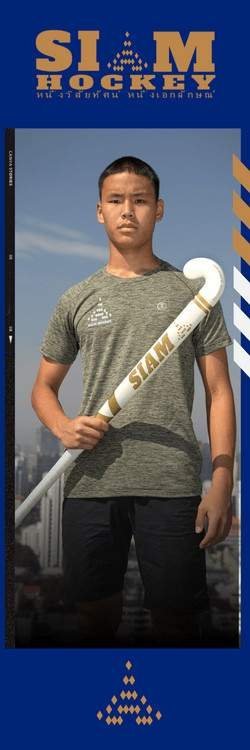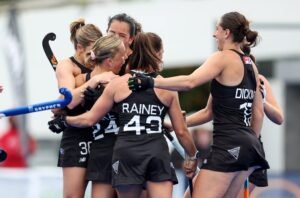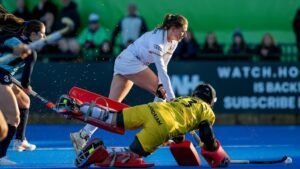The New Zealand U21 teams recently concluded their campaigns at the Junior Hockey World Cups, with both the men’s and women’s squads facing unique challenges and gaining invaluable experiences. While the teams may not have achieved their ultimate goals in terms of results, the exposure and lessons learned during the tournaments are seen as crucial building blocks for the future.
Even when there is obvious talent our women’s U21 sides have typically struggled at their World Cups, so the emphasis for this campaign was on building the team’s cohesion and competitiveness while exposing them to more international hockey. The campaign provides a foundation with which to continue to build from and a benchmark for performances.
“It was a big learning experience for all of the players with some real insights on what it’s like to be on tour and what is required to play international hockey, not only on the pitch but the preparation involved.
“The results weren’t as we would have liked but we were competitive for large parts of most of the games, although small moments cost us.” shared Mitch Hayde, the Women’s U21 coach.
As the tournament progressed, the team demonstrated improvement, emphasising the importance of exposure and experience for the players and perhaps by the tournament ended the team was ready to start it with our performances improving with each match, showcasing the need for regular international fixtures.
The Men’s U21 team faced a tough pool, competing against formidable opponents such as Belgium and Holland, alongside Pakistan who have a world class coach. The team experienced high pressure moments, particularly against South Africa, revealing areas where better emotional control is needed. Despite the challenges, beating Malaysia in front of a home crowd in shootouts was a notable achievement, and learning how to cope with these prerssure moments will help these young players as they move towards Black Sticks selection.
The attacking prowess of the team, both in field goals and penalty corners, aligned with the senior team’s philosophy, providing an exciting brand of hockey. Notably, the exposure gained by the coaching staff, most of whom lacked major tournament experience, adds a valuable dimension to the overall learning from the campaign.
Key Lessons and Future Plans:
For both teams, maintaining momentum is crucial. The ongoing debriefing process aims to extract valuable insights from the tournament and implement tangible changes. The emphasis on international connections within the Asia Pacific region and offshore experiences in early 2024 aims to add consistency to the U21 programme. Hockey NZ can also share that there will be an U21 North vs South series in April 2024.
The New Zealand U21 hockey teams’ campaigns at the Junior World Cups provided a platform for growth and development. Despite challenges and results not meeting expectations, the exposure gained and lessons learned are considered invaluable for the future of New Zealand hockey. The emphasis on maintaining momentum, international connections, and player development sets the stage for continued progress and success in upcoming tournaments.








